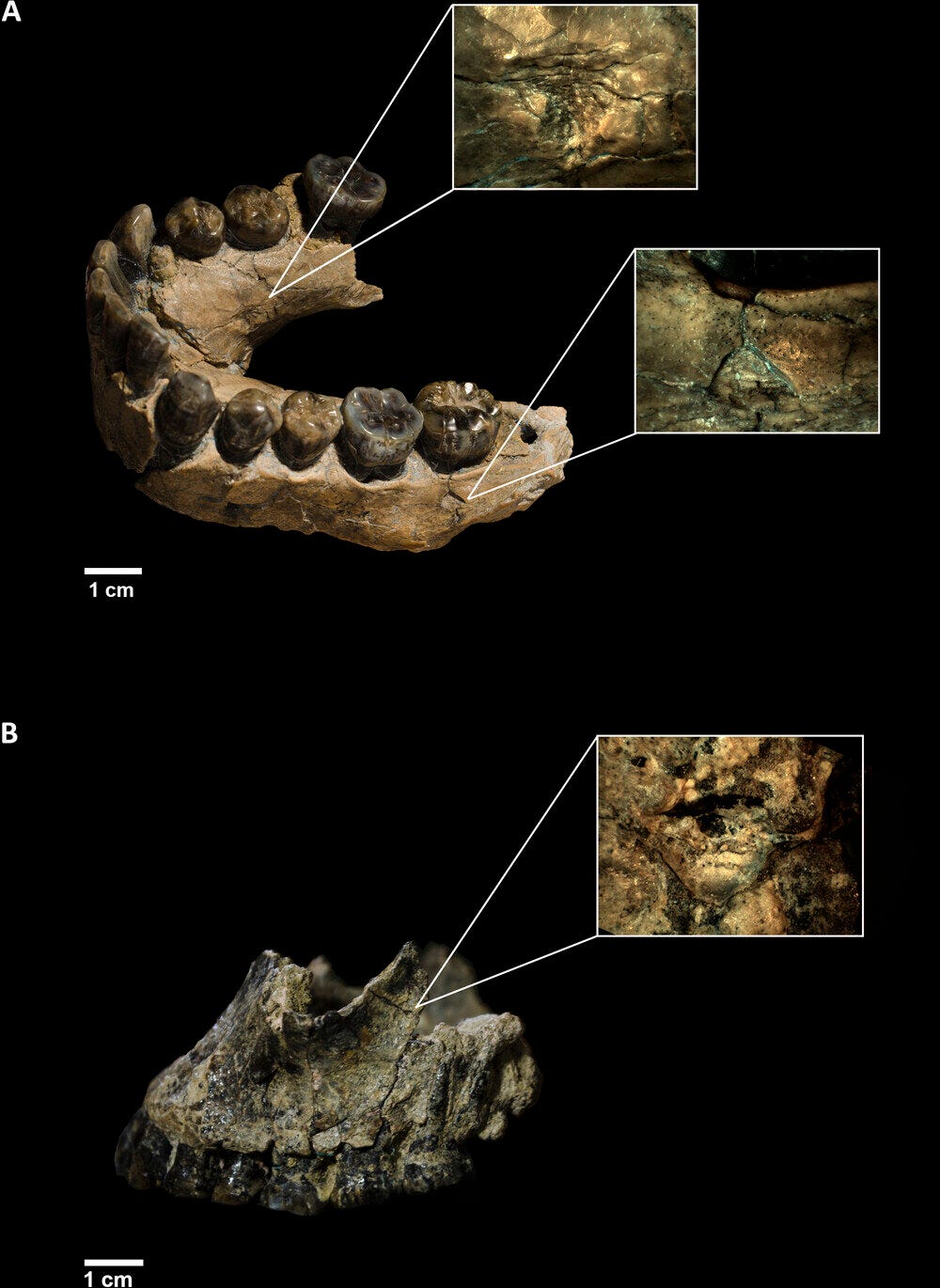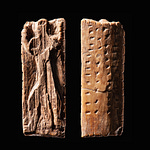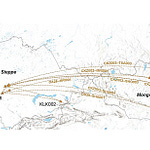A new kind of detective enters the fossil record
Nearly two million years ago, a young Homo habilis met a violent end near a watering hole in Tanzania’s Olduvai Gorge. His bones, discovered in 1960, became the type specimen for our genus—the “handy man,” long celebrated as the dawn of human ingenuity. For decades, this early human was imagined as a fledgling hunter, carving meat from animal carcasses with sharp stones, edging toward dominance over nature.

But a team led by Manuel Domínguez-Rodrigo of Rice University and the Institute of Evolution in Africa has offered a sobering twist. Using artificial intelligence trained to read the faintest traces of tooth marks on fossil bone, the researchers found that Homo habilis was not a hunter that day. It was prey.
“Artificial intelligence is giving us a new kind of taphonomic vision,” says Dr. Elena Rossi, a paleoanthropologist at Cambridge University. “Where human perception reaches its limits, machine learning can discern the microscopic fingerprints of ancient violence.”
The findings, published in Royal Society Open Science,1 suggest that leopards—not hyenas or lions—left the telltale punctures on two H. habilis fossils from Olduvai Gorge, known as OH7 and OH65. The result reverses decades of assumption about the species’ place in the food chain, implying that early members of Homo were still being dragged into trees by big cats long after they began crafting stone tools.










